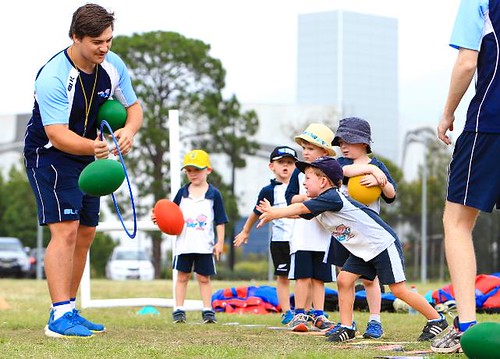
The Impact of Youth Sports on Children's Development
Exploring the Pros and Cons
Youth sports play a crucial role in the physical, mental, and social development of children. Engaging in sports activities from a young age can have a lasting impact on a child's overall well-being. However, there are both advantages and disadvantages to consider when it comes to involving children in sports.
In this article, we will explore the various benefits and drawbacks of youth sports, shedding light on how they can contribute to a child's growth and what potential downsides they may entail.
Pros
Youth sports offer a wide range of advantages that can positively influence a child's life both in the short and long term. From physical health to social skills, there are many reasons why youth sports are encouraged for children.
Missing a pro?
Cons
While youth sports provide numerous benefits, there are also potential downsides that need to be considered. It's important to be aware of these drawbacks in order to make well-informed decisions regarding a child's participation in sports.
Missing a con?
Conclusion
Youth sports offer diverse benefits that contribute to a child's physical, mental, and social development. However, it's crucial to be mindful of the potential drawbacks and ensure that a child's participation in sports is balanced and supportive of their overall well-being. By understanding both the advantages and disadvantages, we can make informed decisions to create positive and enriching experiences for young athletes.
What do you think?
Do you think the pros outweigh the cons?









